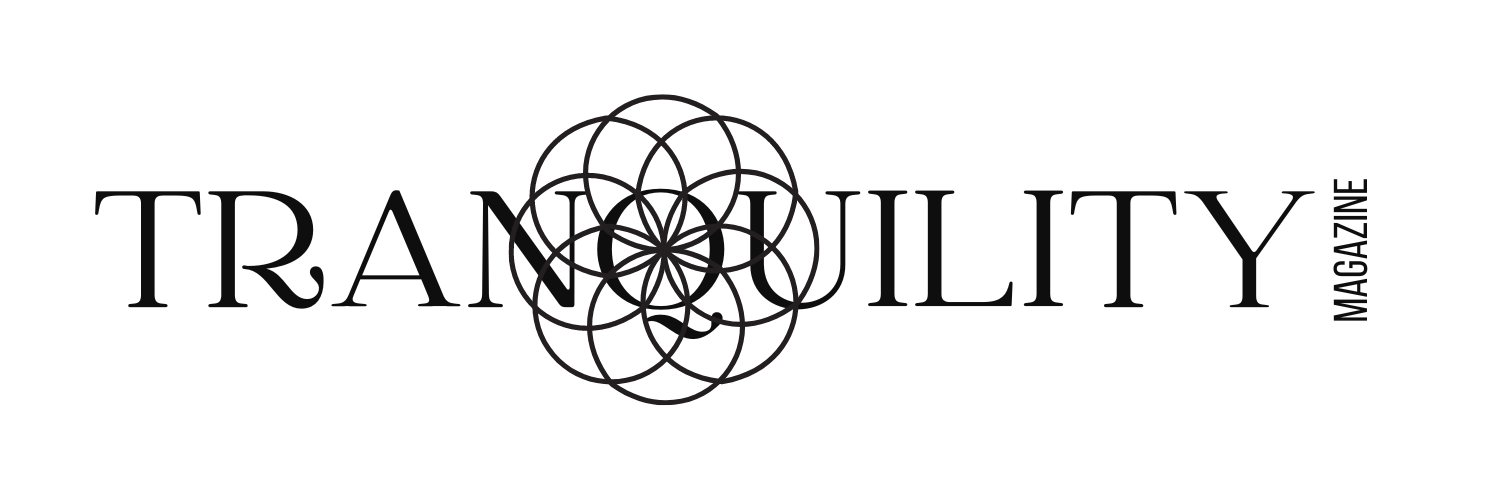Journaling: An Unexpected Way to Transform Your Health
This might not be news to you, but your mental health and your physical health are deeply connected. They're so connected, in fact, that it can sometimes be difficult to tell if mental distress is manifesting physically, or if physical ailments are leading to mental symptoms.
Stress and anxiety are often associated with headaches and nausea, whereas depression or sadness can come with an unpleasant side of chest pain, sleep issues, and fatigue.
My point is that while we often remember caring for ourselves physically is essential for good mental health, we can forget the reverse is true. Investing in self-care for your mind is a powerful tool for transforming your physical health.
April 7th marks World Health Day, so it's the perfect time to take up a new healthy practice like journaling.
Journaling For Relief From Daily Stress
Few things affect physical and mental health as much as chronic stress. Studies have shown that stress quite literally shortens our lifespan, as well as decreases levels of happiness.
Although some stress is inevitable, incorporating stress-reducing practices like journaling can help us better manage our health.
"Stress is the trash of modern life; we all generate it, but if you don't dispose of it properly, it will pile up and overtake your life."
- Danzae Pace
Journaling is a free—or at least low-cost—method to clear out the clutter of our minds and make room for better things like gratitude, peace, and joy.
It's a simple habit that can allow us to examine and process feelings, problem-solve complex issues, or even just express ourselves. It can be so transformative I almost think of it as self-therapy.
Here's how to get started.
Starting a Journaling Habit
The most important thing to remember when beginning a new journal is to let it be messy. A journal is a chance for you to be your complete and unedited self away from the judging eyes of others. There's no need to hold back exactly what's on your mind.
There's no right or wrong way to journal, but there are a few well-used journaling techniques worth trying out.
1) Brain Dump (Conscious Stream of Thought)
Hands down the most cathartic method of journaling is scribbling out your rapid-fire thoughts onto paper to purge them from your mind. There's no need for proper grammar, spelling, or even a sensical narrative.
The point of this exercise isn't to write something you'll come back to, but rather to release any pent-up emotions or thoughts you don't have an opportunity or desire to share elsewhere. It might even feel great to rip out or burn your entry afterward to help release it from your psyche.
2) Gratitude Journal
This type of journaling practice has become wildly popular in recent years, and for good reason! Writing down a few things you're thankful for each day can result in a dramatic mental shift toward positivity.
Negative emotions are evolutionarily wired to be more intense than positive ones, but an intentional shift in focus to appreciate even the smallest of things can alter mood almost instantly. Try doing this first thing in the morning to set yourself up for a calm and cheerful day.
3) Writing a Letter
This last journal exercise takes some imagination, but it can be deeply therapeutic. The idea is to write a letter that you may or may not ever send. It can be addressed to someone from your past, someone from your future, or even to yourself.
If there are conversations you wish you could have had or words you've kept bottled up for too long, this is a safe way to express them and let the attached emotions pour out. This type of journal exercise may be the most intense of the 3 listed here, but there's no doubt it can be incredibly transformative.
"Suppressing the feelings only makes it harder to let them go. Expression is the opposite of depression."
- Edith Eger
Self-Care is Health Care
Taking care of your mind is one of the most important acts of self-care you can do, and it's high time we all stop undervaluing our mental well-being. True health is holistic in nature, and we can't bypass one aspect without affecting our entire being.
No matter your writing abilities, the neatness of your penmanship, or the appearance of your notebook; journaling can be a wonderful tool to grow into your healthiest, most vibrant self yet.



